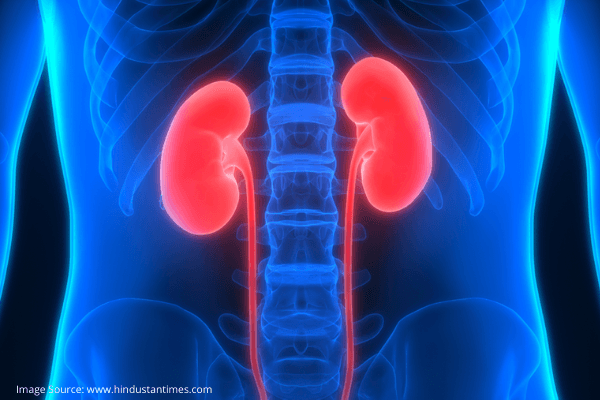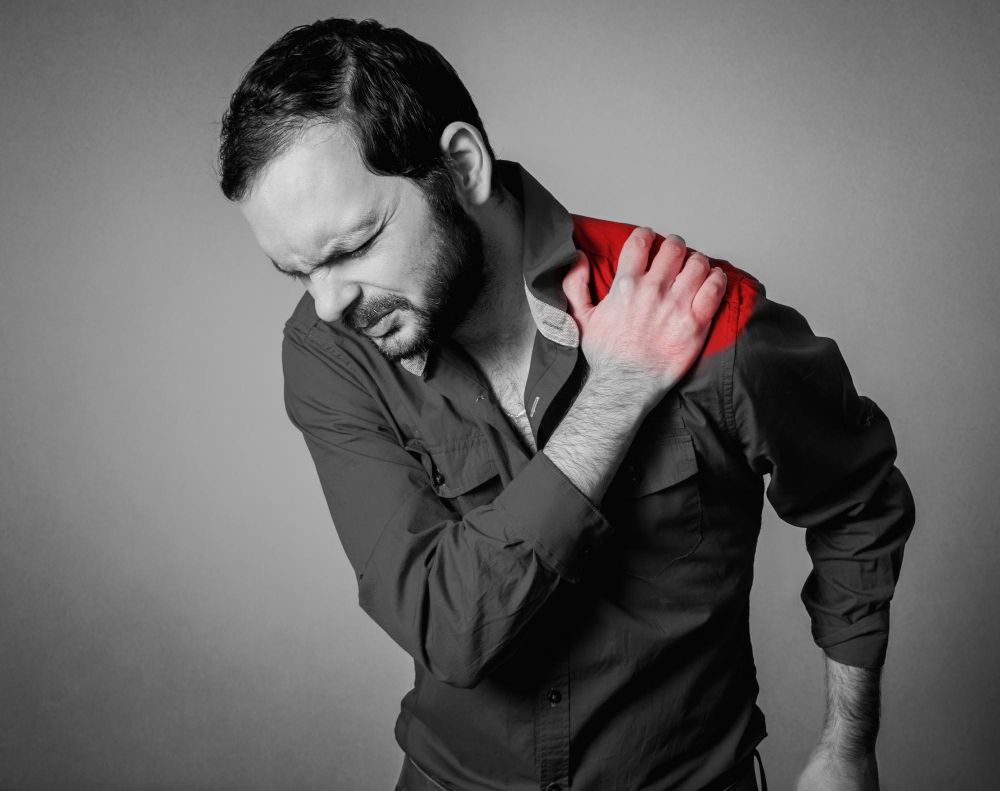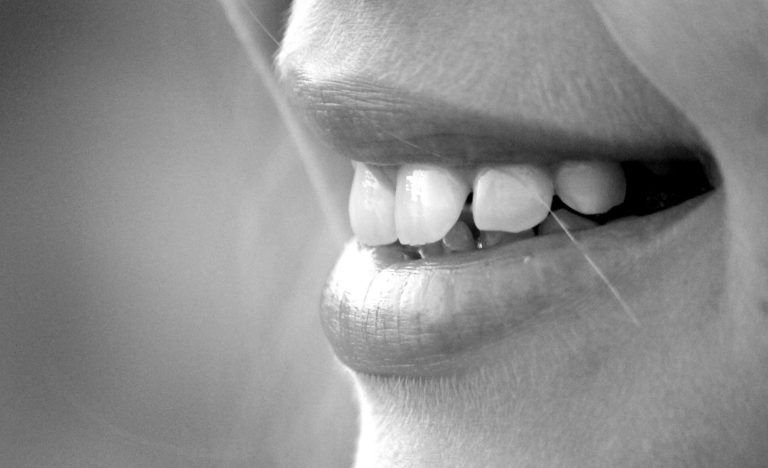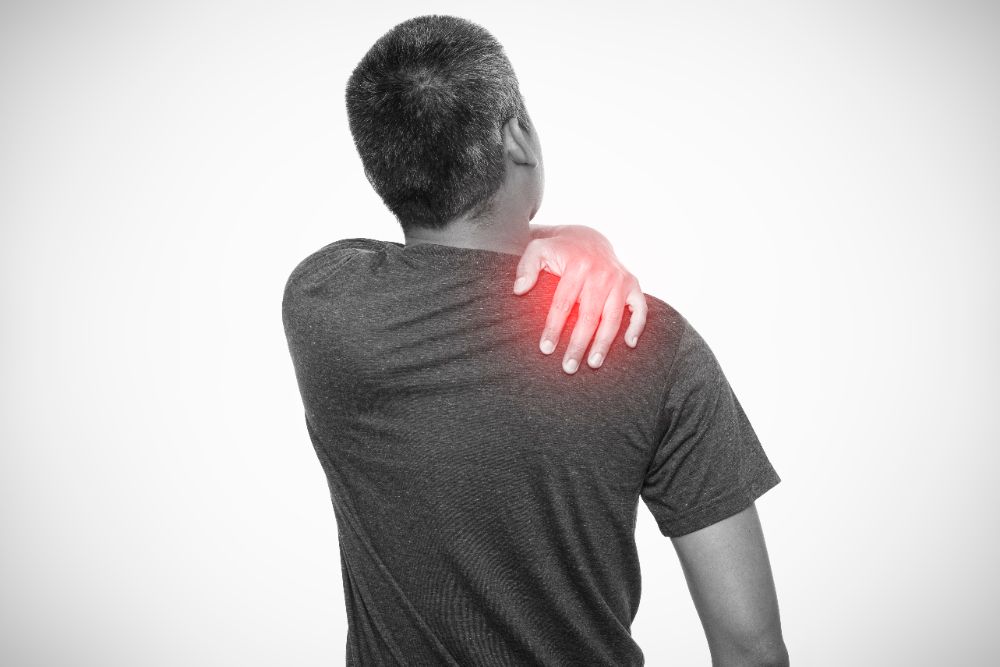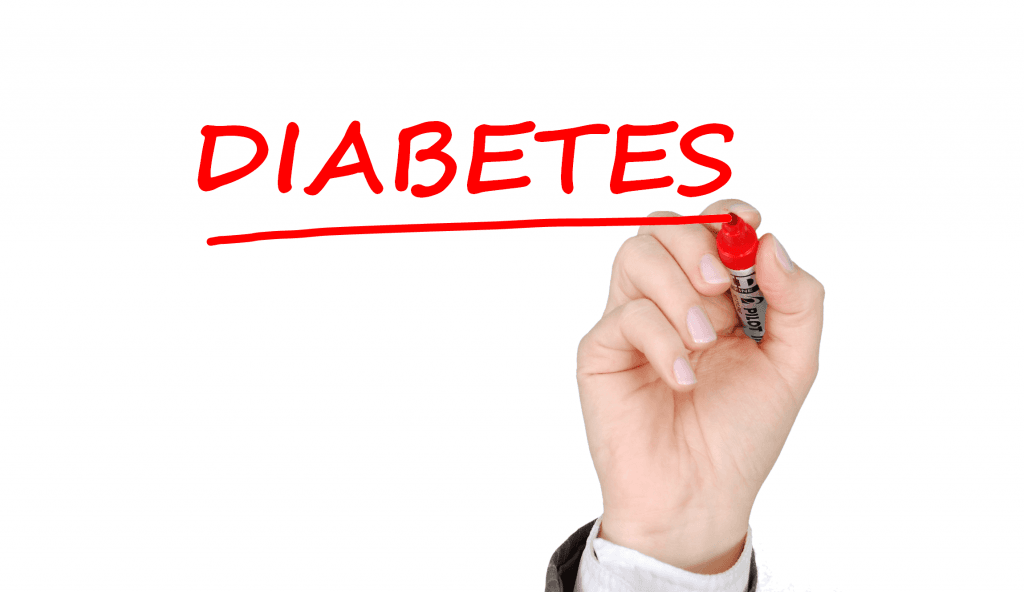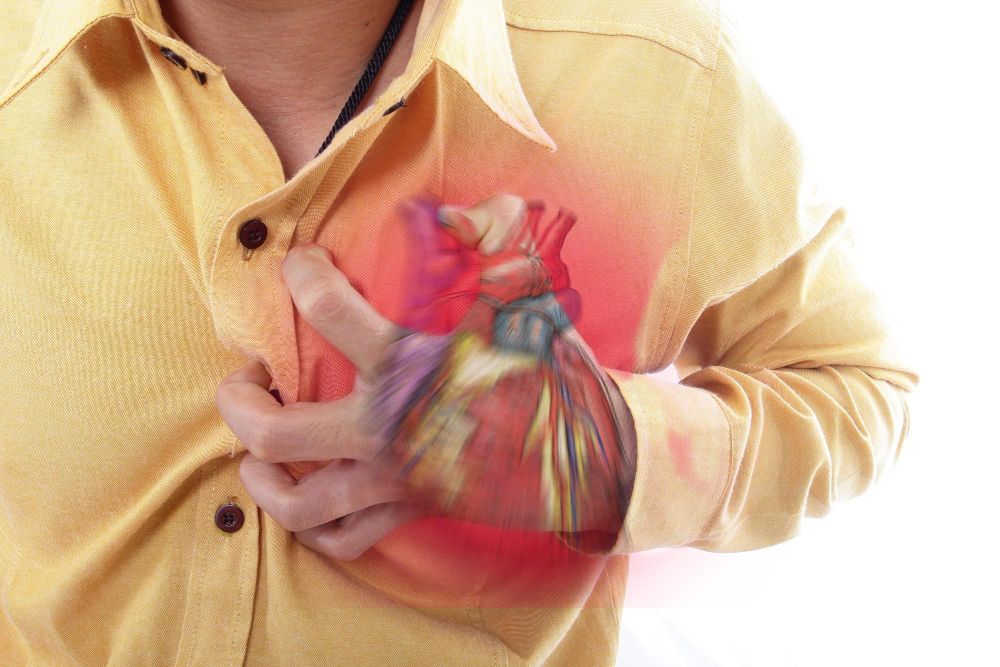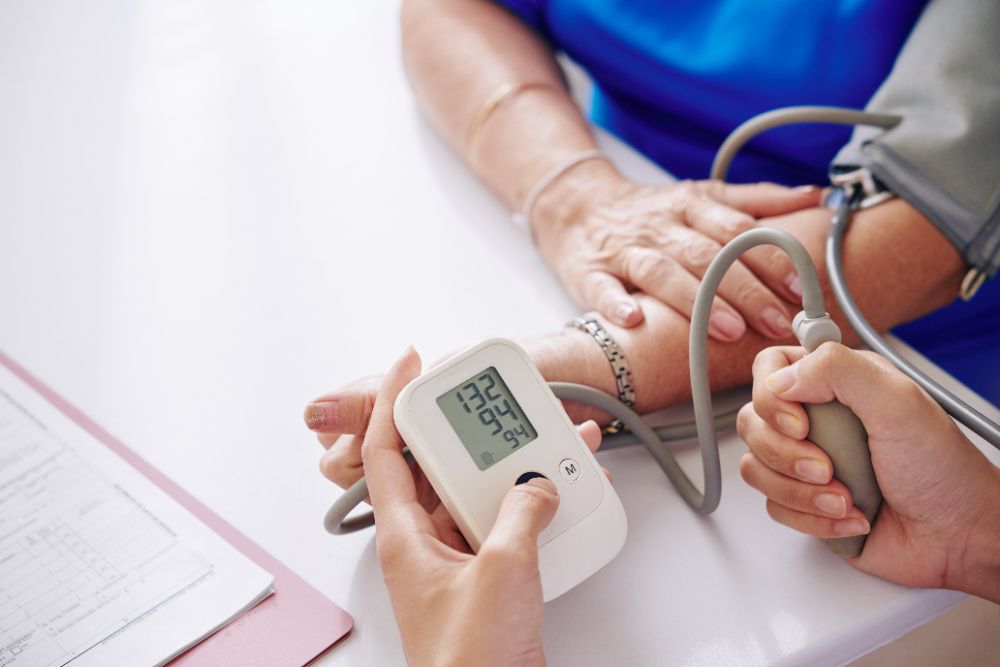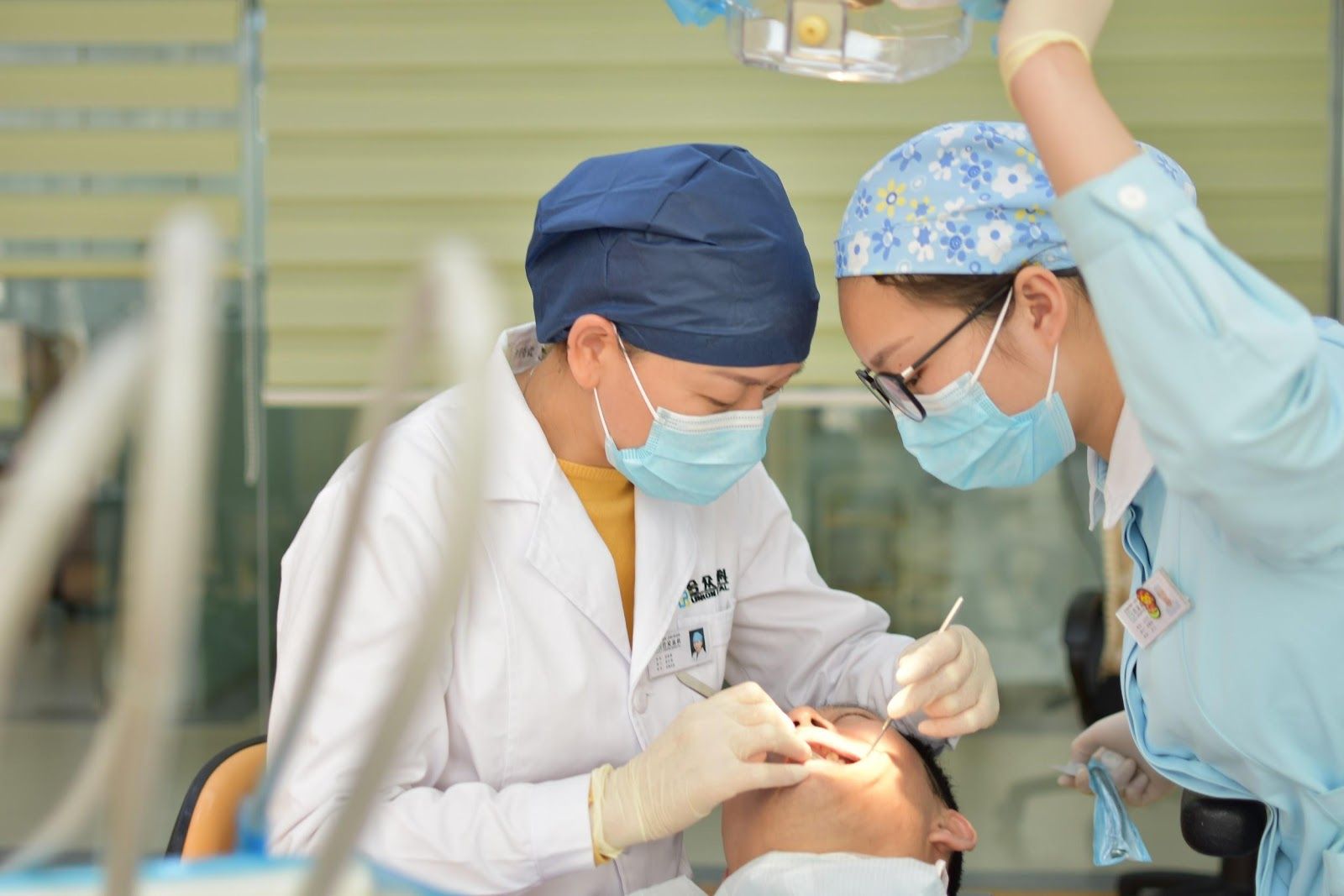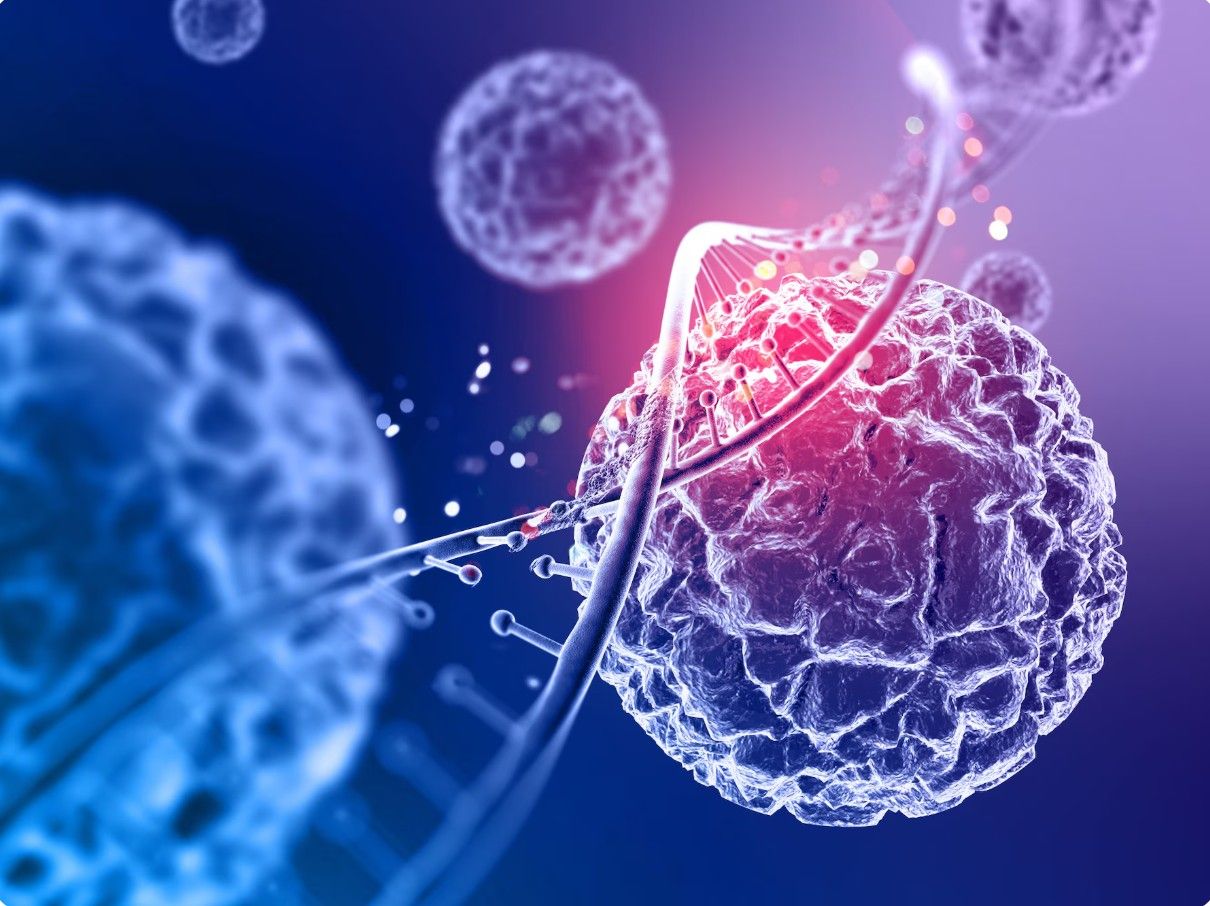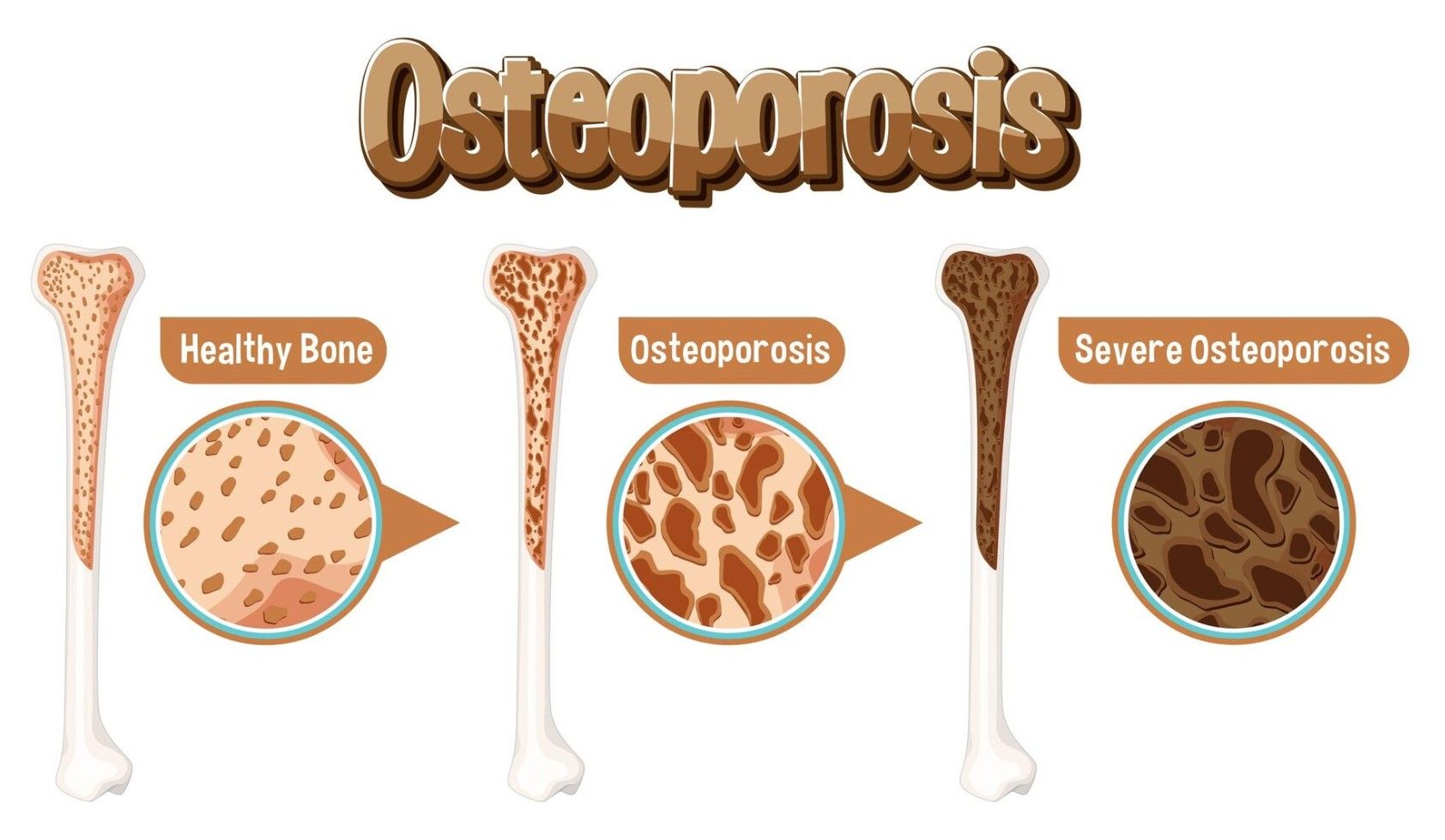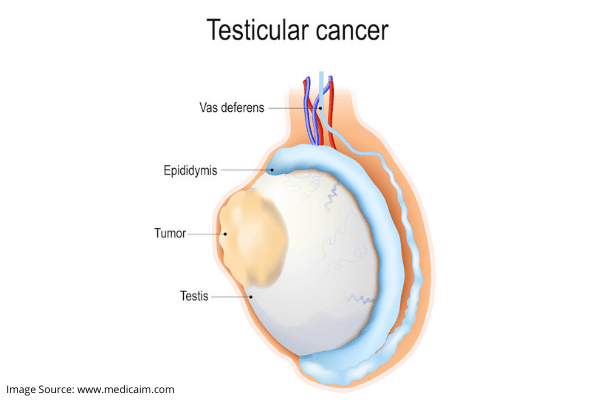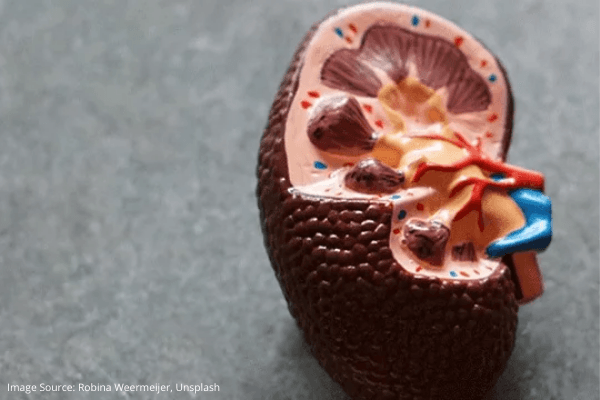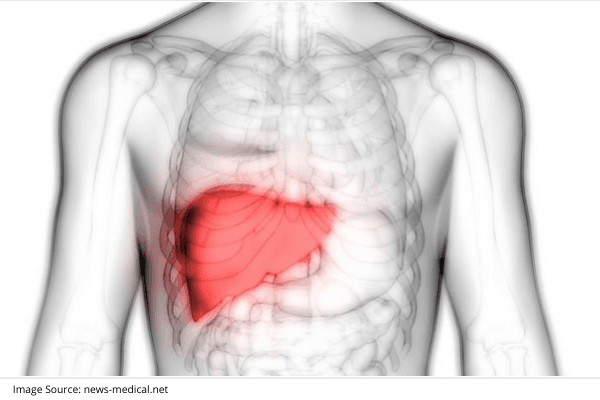Life After Kidney Transplant
Life after a kidney transplant can be as fulfilling and productive as it was before. The key to recovery and maintaining your new found health is moderation and understanding your body’s limits. You can still work, travel, or hang out with friends. In fact, interactions and communication that you enjoy will make you buoyant and boost your recovery. However, following some simple guidelines will ensure a healthy and successful recovery that can be sustained throughout your life.
A few lifestyle changes, recommended medications and medical check-ups should form part of your life.
Healthy diet: A healthy diet is a basis to a healthier you. It will improve your chances of recovery and will help you stay on a steady path progress. Eating a variety of good-quality food and on time is at the core of any health plan. In the initial stages of your recovery, you doctor will indicate various foods that may pose a risk of food poisoning, like unpasteurised milk, cheese or yoghurt; uncooked meat or eggs; food prepared in unhealthy conditions, etc. Stick to fresh food, preferably cooked at home in a clean environment. Fruits, vegetables, food prepared with wholegrains, milk and dairy, meat, fish, eggs, should be included in your diet in a balanced manner.
Exercise: Diet and exercise go hand in hand. After surgery, you will be weak. Suggested activities should be followed strictly to avoid straining yourself. Once you are given the go-ahead, you can start with recommended mild exercises and step up as you go. Your exercise regimen must be monitored and should be under the guidance of an expert. Start gradually and include various activities that gel into your routine. Walking, swimming, cycling, or any sport. Excess body weight should be gradually reduced. You will achieve success with a planned diet and regular exercise.
Smoking: Quit smoking. This is strongly recommended. Smoking can affect your new kidney and can also expose you to the risk of various types of cancer.
Alcohol and illegal drugs: It is preferable that you avoid alcohol. If you are an individual who desires to consume alcohol or are socially pressured to, speak to your doctor and learn about the recommended limits. Spacing your intake by days and amount of consumption is important. Alcohol can raise blood pressure which can be in turn dangerous for a person who has had a kidney transplant.
Illegal drugs should be avoided completely. It can wreak havoc on your system and can put you in real danger. All medications should be cross checked with your doctor. Not all medications may agree with you especially with the specific medications that you are required to have post-transplantation.
Immunosuppressants and your immune system: You may be on immunosuppressants after you receive a kidney. This is so that your body does not reject the new kidney. However, in the long term you immunity might be on the low side and you will be vulnerable to infections. A few checks and preventions can help you stay away from catching an infection. Avoid contact with persons who are suffering from contagious diseases, wash your hands always and practise good personal hygiene, if you are wounded, clean the wound immediately and cover it with sterile dressing. Discuss you vaccines with your doctor, as vaccines with live viruses are not recommended after kidney transplants. Get prompt medical attention if you suspect you have an infection. Symptoms of infection can be fever, headache, aching muscles, vomiting, upset stomach, etc.
Pregnancy and sexual activity: Women are recommended not to get pregnant for at least a year after surgery. Speak to your doctor regarding sexual activity, as individual health differs. It is generally recommended that sexual intercourse be avoided for a month or more after surgery to ensure complete healing.
A better life
Life after kidney transplant requires steady commitment on your part. From the point you are out of surgery, you will be on a slow but steady progress towards a better life with your new kidney. However, your constant care and attention are required to take care of yourself. Dedicated involvement in your self-care is the most important factor in ensuring a successful transplant.
Ten Effective Remedies That You Can Refer to When You Are Suffering from Muscle Cramps
Finally starting off with the gym life can get too overwhelming until you hit those muscle cramps along with the weights.
Skin Tags - Benign Tumor or Cancerous Tumor?
Skin tag if observed is a narrow stalk that hangs about your skin, bulging at the end. They are usually freshly colored and can grow anywhere on your body.
Rotator Cuff Tear
A rotator cuff tear is a rotator cuff injury that can cause shoulder pain and loss of arm function. The rotator cuff is a set of muscles and tendons in your shoulder.
Importance of Parental Counselling
Right from the moment you tell your friends and family about your pregnancy, little hints keep coming your way on parenting your unborn child!
Taking Care of a Terminal Patient? Here Are Six Ways to Help Them to the Fullest
A terminally ill patient is someone who has a relatively short life expectancy. Terminally ill people are usually shifted from an actively curative medicinal regime
Stages of Tooth Decay and Their Treatment Options
Tooth decay refers to the degradation process of the structure of the tooth resulting in permanent damage.
12 Home Remedies for Dry Cough
The flu, common cold, asthma, cigarette smoke exposure, and other conditions can all cause a dry cough. Home remedies such as honey, peppermint, and air purifiers may be beneficial.
Shoulder Dislocation
Shoulder dislocation occurs when the bones of your shoulder joint are pushed or forced out of their normal positions.
5 Facts to Keep in Mind for Your Monthly Menstruation Cycle
Our menstruation indicates multiple activities within your body. Every month, your uterus forms a thicker lining for the ovary to release an egg for a possible pregnancy.
Different Types of Diabetes
Junk food and increasing physical activity are leading to a worldwide epidemic of obesity, resulting in diseases like diabetes
Dilated Cardiomyopathy
Dilated cardiomyopathy is a form of heart muscle illness in which the heart chambers (ventricles) weaken and stretch, becoming bigger.
Hypertension (High Blood Pressure)
High blood pressure, also known as hypertension, is a condition in which the blood flow against the inner walls of the arteries is persistently high.
3 Cosmetic Dentistry Procedures You Did Not Know About
Over the past few years, cosmetic dentistry has undergone significant evolution in society. With the increasing demand for cosmetic dentistry, it is no longer a luxury; it has become a necessity.
5 Lifestyle Changes That Will Help with Your Urinary Incontinence
Urinary Incontinence is quite a painful and embarrassing condition to have. It refers to the loss of bladder control, which can vary from a slight release of urine after sneezing, coughing, or laughing, to a complete inability to control urination.
5 Tips This Summer to Avoid Heatstroke
Certain jobs demand fieldwork in the scorching heat. The warm weather, bright sun, and the blue skies are not always an excellent working environment for them at all.
6 Home Remedies for Yeast and Vaginal Infections
Yeast infection is common among women. You might have had the experience of irritating soreness and itching that prolonged for days due to not knowing about the cause.
Aortic Dissection
An aortic dissection is a tear in the aorta. This is the primary artery that transports oxygen-rich blood from your heart to the rest of your body.
Bariatric Surgery and Weight Loss
Bariatric surgery, also known as weight loss surgery, is performed on individuals suffering from obesity. It involves a variety of procedures that help maintain long-term weight loss and also aid in treating obesity.
Best Foods to Cleanse Your Liver
Your liver is one of the largest organs in your body and its primary function is to filter the system by converting toxins to waste products, cleansing your blood and process various nutrients.
Infertility and its Major Causes and Treatments
Infertility is an issue that’s on the rise – not just in India but all over the world. It’s estimated that, on average, one out of every six couples has had issues with infertility.
Precautions to be Taken to Avoid Eosinophilia
Let’s begin with talking about eosinophils – they are just a type of white blood cells that are laden with reactive chemicals which get released under specific conditions to cause mayhem in the body
What is BMD Assessment and its Significance in Treating Osteoporosis
Osteoporosis is that creepy monster lurking in the dark, waiting to manifest itself as you age and get less active.
Signs of Testicular Cancer
Men have a pair of testicles located in a sac-like pouch called the scrotum. It forms part of their reproductive system and are responsible for sperm production.
Signs and Symptoms of Kidney Stone
Your kidneys are very important organs in the body; they regulate water content, filter waste from blood, and produce hormones.
Treatment For Liver Failure
Treatment for liver failure depends largely on the causative agent; for example of it’s due to hepatitis virus infection, then hydration and supportive care needs to be provided while the body’s immune system fights back. If it’s due to gallstones,
Related Blogs
Ten Effective Remedies That You Can Refer to When You Are Suffering from Muscle Cramps
Finally starting off with the gym life can get too overwhelming until you hit those muscle cramps along with the weights.
Skin Tags - Benign Tumor or Cancerous Tumor?
Skin tag if observed is a narrow stalk that hangs about your skin, bulging at the end. They are usually freshly colored and can grow anywhere on your body.


